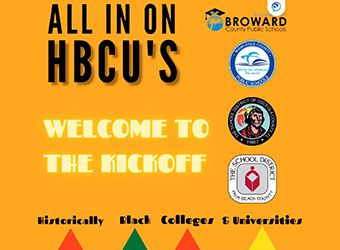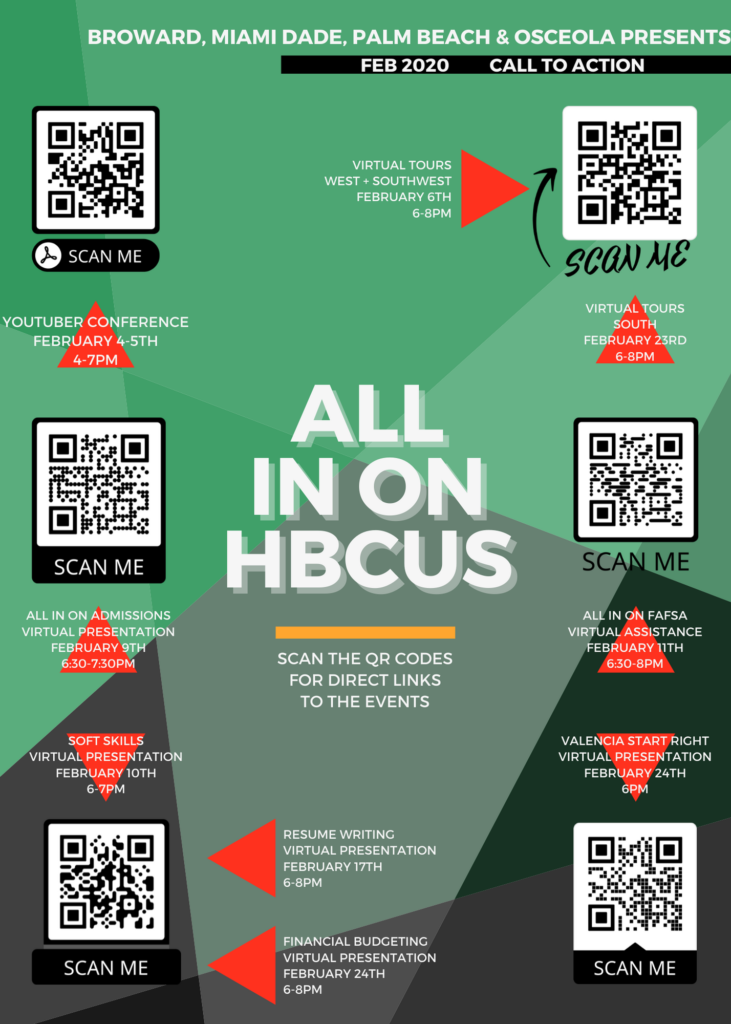 As they re-imagined student supports in the wake of COVID-19, many schools and districts quickly realized they could potentially reach a lot more students in the virtual space than they could via traditional in-person offerings.
As they re-imagined student supports in the wake of COVID-19, many schools and districts quickly realized they could potentially reach a lot more students in the virtual space than they could via traditional in-person offerings.
“Using Zoom and some of this other technology has really allowed us to give greater access — and equal access — to information,” said Sharon Krantz, executive director for Miami-Dade County Public Schools’ Division of Student Services. “It doesn’t matter how much time your advisor has because it’s about getting the word out and getting information to students.”
Although Krantz serves a sizable student population within Miami-Dade County — more than 334,000 students and 50,000 adult learners, making it the fourth-largest school district in the U.S. — she and other counselors across the state also recognized that the supports they were offering did not have to remain confined to their own districts.
As a result, Miami-Dade, Broward, Palm Beach, and Osceola counties partnered this past school year to organize a series of college and career readiness activities and events designed to benefit students in those districts and beyond.
The four-county partnership spun off from a larger Florida-based Professional Learning Community (PLC) comprised of about a dozen medium-to-large school districts from across the state. The inter-district convenings, which began about two years ago, allowed participants to share best college and career readiness practices and learn from one another.
“From there, a subgroup broke off and started planning activities together,” said Ralph Aiello, director of school counseling for Broward County Public Schools. “In this pandemic world where we don’t have to get together in person, if I’m having a FAFSA drive and you’re having a FAFSA drive…it became a whole lot easier to partner on these initiatives if we can all just send each other a link.”
To kick off their partnership, the four counties partnered for “All-In on HBCUs”, a two-week initiative in January that allowed students and families to connect with representatives from 36 Historically Black Colleges and Universities from across the U.S.
The event represented a significant shift from the in-person HBCU College Fair typically hosted by Palm Beach County. In addition to sharing information about HBCUs, the two-week kick off also featured a FAFSA drive and college information session each night.
 Aiello said more than 2,000 people participated across the kick-off events. On top of allowing a greater number of students and families to access more information about college, the collaboration also alleviated the amount of work required by each district.
Aiello said more than 2,000 people participated across the kick-off events. On top of allowing a greater number of students and families to access more information about college, the collaboration also alleviated the amount of work required by each district.
“It’s a lot of work putting an event together, so everyone taking a piece of the pie makes the project planning part a lot easier,” said Carol Lopez, supervisor of college and career readiness for Broward County Public Schools.
For the HBCU and kickoff event, the districts evenly divided the tasks of securing Zoom licenses, promoting the event, coordinating with each HBCU, creating video content, handling A/V duties for each virtual session, and much more.
Anthony Cook, Coordinator of College and Career Counseling for the School District of Osceola County, said his district was eager to partner with Broward and Osceola for the sake of his own community.
“When you’ve got great partners and no one has to do a lot of heavy lifting, who benefits in the end? The kids,” Cook said.
In addition to “All-In on HBCUs,” the four districts partnered to host events highlighting Hispanic Serving Institutions (HSIs) and College Signing Day in the spring. For the virtual College Signing Day event — which kicked off in May and celebrated high school seniors’ plans after high school throughout the rest of the month — the four-county partnership extended to include Pasco, Polk, and St. Lucie counties.
Even as in-person gatherings start ramping up this coming school year, Aiello said the four counties plan to continue their inter-district collaboration and exchange of ideas with the goal of streamlining supports for students.
“We should have common resources and materials that we’re all using and that we can train upon because the FAFSA is not changing from one district to the next, and neither is Bright Futures,” he said. “It would be so much easier than 67 districts doing 67 different things.”
RELATED ARTICLES:
How one Florida high school has adapted its counseling supports to virtual formats
Virtual learning resources to keep students on track during COVID-19
